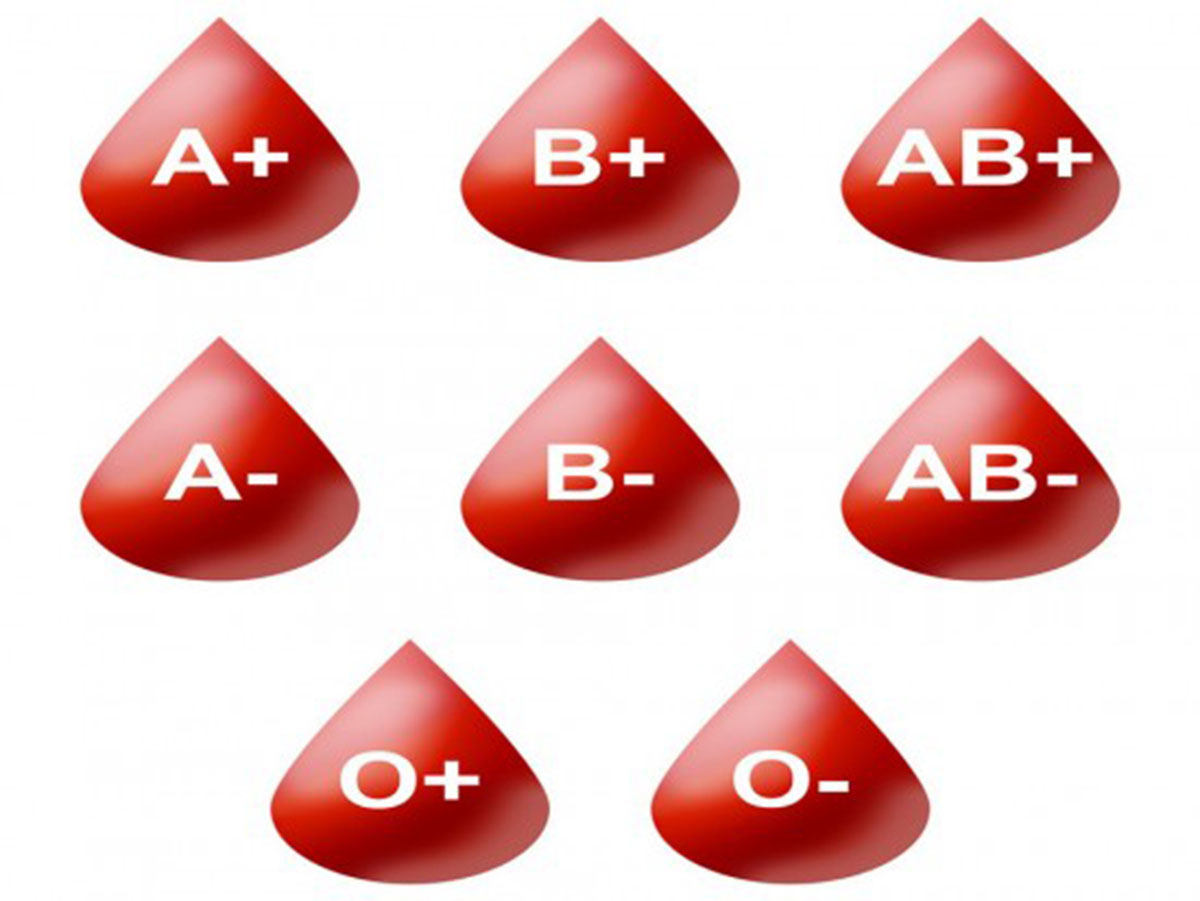Do you remember the blood type diet? Naturopath Peter D'Adamo famously made the claim that a person's blood type should influence the foods he or she eats in his book Eat Right for Your Type in 1996. The blood type diet soon became a much-talked about fad in alternative health circles, and it's still around today.
The question is — does it have any value, or any basis in science at all? Research suggests that the blood type is exactly what you probably thought it was; a dangerous fad.

What Is A Blood Type Diet?
What does D'Adamo say about the right diet for you? Well, type O is supposed to be the ancestral blood group — the one blood group all humans shared at one point. Back when all humans had type O blood, they were hunter-gatherers that largely relied on meat, so the author advises type O folks advised to eat a diet high in animal protein.
The theory holds that blood type A came along later, when humans started farming. Hence, D'Adamo says, type A people thrive on a vegetarian diet. Type B is said to have originated during nomadic times, and a type B person who follows the blood type diet will eat a lot of dairy foods — tending to herds is perfectly compatible with the nomadic lifestyle, as you can see, for instance, in modern Nenets people. Finally, D'Adamo says that type AB people have similar needs as type B individuals, but without fish and eggs.
Eating the right diet for your blood type is supposed to help an individual achieve his or her optimal weight, as well as reducing the person's risk of developing chronic diseases. Each blood type is meant to avoid certain foods that "don't work well" with their blood, and eat the foods that are advised to reap the benefits. Additionally, specific types of exercise are recommended for each blood type.
And The Verdict Is...
The blood type diet certainly offers a fascinating theory. A Canadian research team from the University of Toronto agreed, and wanted to see if there was any scientific basis for the diet. They took a closer look at the eating habits of 1,455 healthy young adults, and looked at their blood types as well.
"It was an intriguing hypothesis so we felt we should put it to the test," lead author Ahmed El-Sohemy says.
- Type O people have lower serum triglycerides
- Type A people tend to have a lower BMI, lower blood pressure, lower triglyceride and insulin levels and a smaller waist
- Type B people have better HDL cholesterol
- Type AB people have lower blood pressure as well as lower serum total cholesterol, triglycerides and insulin levels
Do these findings indicate that the blood type diet works? No, not at all. When El-Sohemy and his colleagues compared the subjects' eating habits to the four individual blood type diets, some of the participants whose diet resembled D'Adamo's suggestions had favorable markers for heart health — in other words appropriate insulin, cholesterol, and triglyceride levels. This was not, however, found to correlate to the individuals' blood types.
Read More: The pros and cons of the Atkins diet
That's another dietary myth busted, then! The blood type diet was put to the test and — as El-Sohemy says — "we can now be confident in saying that the blood type diet hypothesis is false".
These findings do not mean that following some of the suggestions made in the blood type diet are necessarily harmful. Each person benefits from a healthy and balanced diet that includes foods from all food groups, however, and shunning vegetables in favor of a purely meat-based diet does not constitute a balanced diet.
- Photo courtesy of Zappys Technology Solutions by Flickr : www.flickr.com/photos/102642344@N02/10071446946/


Your thoughts on this